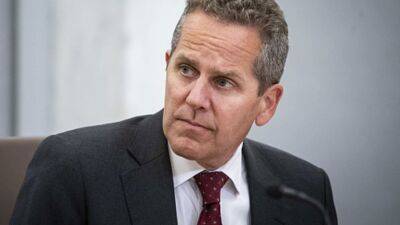The Agenda podcast chats crypto, media and ethics with Molly Jane Zuckerman
2022 was a rather challenging year for the crypto sector, and the prevalence of Ponzi schemes, decentralized finance scams, nonfungible token rug pulls and questionable centralized exchange bookkeeping put the issue of ethics in the space on blast.
Of course, the negative news of last year wasn’t an outlier or a one-off — generally, “good” ethics have been an issue in crypto for years, and it’s probably safe to assume that challenges will continue to dot the landscape for the foreseeable future.
Within the context of media, it’s important to recognize that objective, unbiased news reporting and transparency are paramount if the industry is to earn the trust of the wider public and, as a result, change the negative perspectives people often hold about it.
In the latest episode of Cointelegraph’s podcast The Agenda, hosts Ray Salmond and Jonathan DeYoung sat down with crypto media vet Molly Jane Zuckerman to discuss her experience with ethics challenges in the industry and her ideas on how to integrate best practices into the sector.
When asked by Salmond about the most important things to fix in crypto media and the potential for journalists to experience a “kind of shadowy pressure to do what’s in the company’s best interest,” Zuckerman suggested that drastic improvements in transparency are needed. She mentioned that the Association of Cryptocurrency Journalists and Researchers, an organization she co-founded, has been working on a standards guidebook to help reporters and news agencies alike:
Zuckerman elaborated:
When asked whether crypto’s ethics crisis stems primarily from companies and their profit objectives or from the capacity of journalists to be compromised, Zuckerman suggested that it could be a mixture of
Read more on cointelegraph.com


















